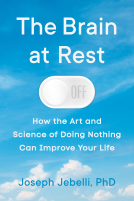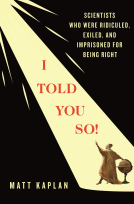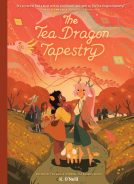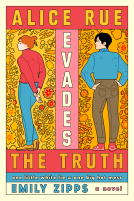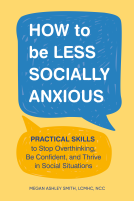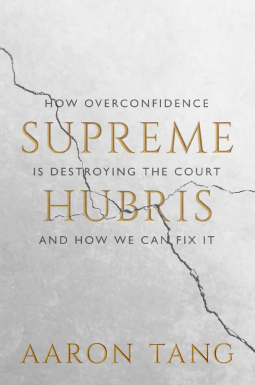
Supreme Hubris
How Overconfidence Is Destroying the Court—and How We Can Fix It
by Aaron Tang
This title was previously available on NetGalley and is now archived.
Send NetGalley books directly to your Kindle or Kindle app
1
To read on a Kindle or Kindle app, please add kindle@netgalley.com as an approved email address to receive files in your Amazon account. Click here for step-by-step instructions.
2
Also find your Kindle email address within your Amazon account, and enter it here.
Pub Date Aug 01 2023 | Archive Date Oct 05 2023
Talking about this book? Use #SupremeHubris #NetGalley. More hashtag tips!
Description
How to repair the dysfunction at the Supreme Court in a way that cuts across partisan ideologies
The Supreme Court, once the most respected institution in American government, is now routinely criticized for rendering decisions based on the individual justices’ partisan leanings rather than on a faithful reading of the law. For legal scholar Aaron Tang, however, partisanship is not the Court’s root problem. Overconfidence is.
Conservative and liberal justices alike have adopted a tone of uncompromising certainty in their ability to solve society’s problems with just the right lawyerly arguments. The result is a Court that lurches stridently from one case to the next, delegitimizing opposing views and undermining public confidence in itself.
To restore the Court’s legitimacy, Tang proposes a different approach to hard cases: one in which the Court acknowledges the arguments and interests on both sides and rules in the way that will do the least harm possible. Examining a surprising number of popular opinions where the Court has applied this approach—ranging from LGBTQ rights to immigration to juvenile justice—Tang shows how the least harm principle can provide a promising and legally grounded framework for the difficult cases that divide our nation.
Aaron Tang is a professor at the University of California, Davis, School of Law and a former law clerk to Supreme Court Justice Sonia Sotomayor. His writings have appeared in the New York Times, Washington Post, Los Angeles Times, and Slate.
Advance Praise
“Tang masterfully shows how overconfidence bias among U.S. Supreme Court justices has imperiled this once hallowed institution. A must read on where the Court went wrong, and how to fix it.”—Franita Tolson, author of In Congress We Trust?: Enforcing Voting Rights from the Founding to the Jim Crow Era
“Tang’s important book explains that the Supreme Court’s errors often stem from its overconfidence. He offers an innovative solution: justices should pursue the outcome that is likely to cause the least harm.”—Erwin Chemerinsky, author of Worse than Nothing: The Dangerous Fallacy of Originalism
“Aaron Tang has accomplished something extraordinary. He has written a smart and original book about how the Supreme Court should do its job. It is almost impossible to say something truly new about constitutional law that makes a contribution. Tang has done that with his least harm principle.”—Eric Segall, author of Originalism as Faith
Available Editions
| EDITION | Other Format |
| ISBN | 9780300264036 |
| PRICE | $30.00 (USD) |
| PAGES | 328 |
Available on NetGalley
Average rating from 3 members
Readers who liked this book also liked:
Megan Ashley Smith, LCMHC, NCC
Health, Mind & Body, Nonfiction (Adult), Self-Help

